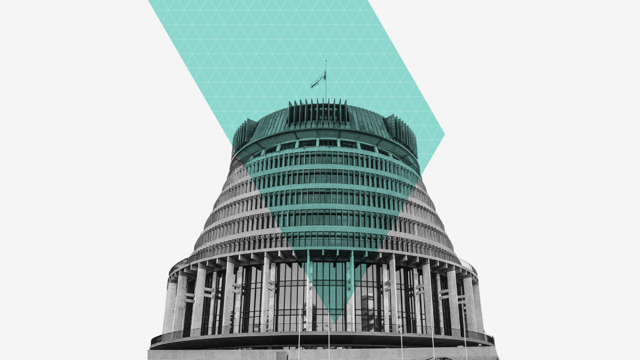On Monday, Prime Minister Chris Hipkins announced a series of steps concerning lobbying and Parliament. The actions follow some high-profile issues over the last year, and include a review into policy options for regulating lobbying activities, to be completed in 2024.
While the policy gets underway, Prime Minister Hipkins is taking several interim measures:
-
requesting that the Speaker of the House remove swipe-card access to Parliament for lobbyists, including business and union representatives;
-
encouraging third-party lobbyists to develop a voluntary code of conduct to enhance transparency, for example by including a client list on their website; and
-
amending the Cabinet Manual to clarify that a Minister's prospect or expectation of future employment should not influence their conduct while holding a Ministerial warrant.
Previous attempts at reform
We've been here before. Sort of. In 2012, the Green Party introduced the Lobbying Disclosure Bill as a Member's Bill seeking to address a perceived lack of transparency and regulation of lobbying activity. This Bill was voted down unanimously at select committee because the Bill could have, in the select committee's opinion, limited freedom of expression, defined lobbyist excessively broadly, and could have impinged on the privileges of the House.
The select committee instead recommended non-legislative alternatives, such as guidelines for MPs, requiring regulatory impact statements to include the names of non-departmental organisations consulted in policy development, and the proactive release of official documents. Many of these recommendations have occurred in one form or another.
The current review
Lobbying is an important and expected part of our political and democratic process. That said, the public must have confidence that a transparent, effective, and robust framework exists.
The 2012 Lobbying Disclosure Bill teaches us that "lobbying" is an inherently amorphous idea and difficult to define. Any review must maintain free access by the public to Ministers, MPs and officials, guarantee the right to freedom of expression, and maintain the operation of Parliament as we know it.
Given the comprehensive review of lobbying regulation the Ministry of Justice will lead over the next year or so, there is also opportunity for the sector, in acting proactively, to inform the review. This should include moving on the Prime Minister's recommendation to establish a voluntary code of conduct. A proactive and constructive response by industry players would inform the policy reform tasked to officials, and could yield quick and practical results.



